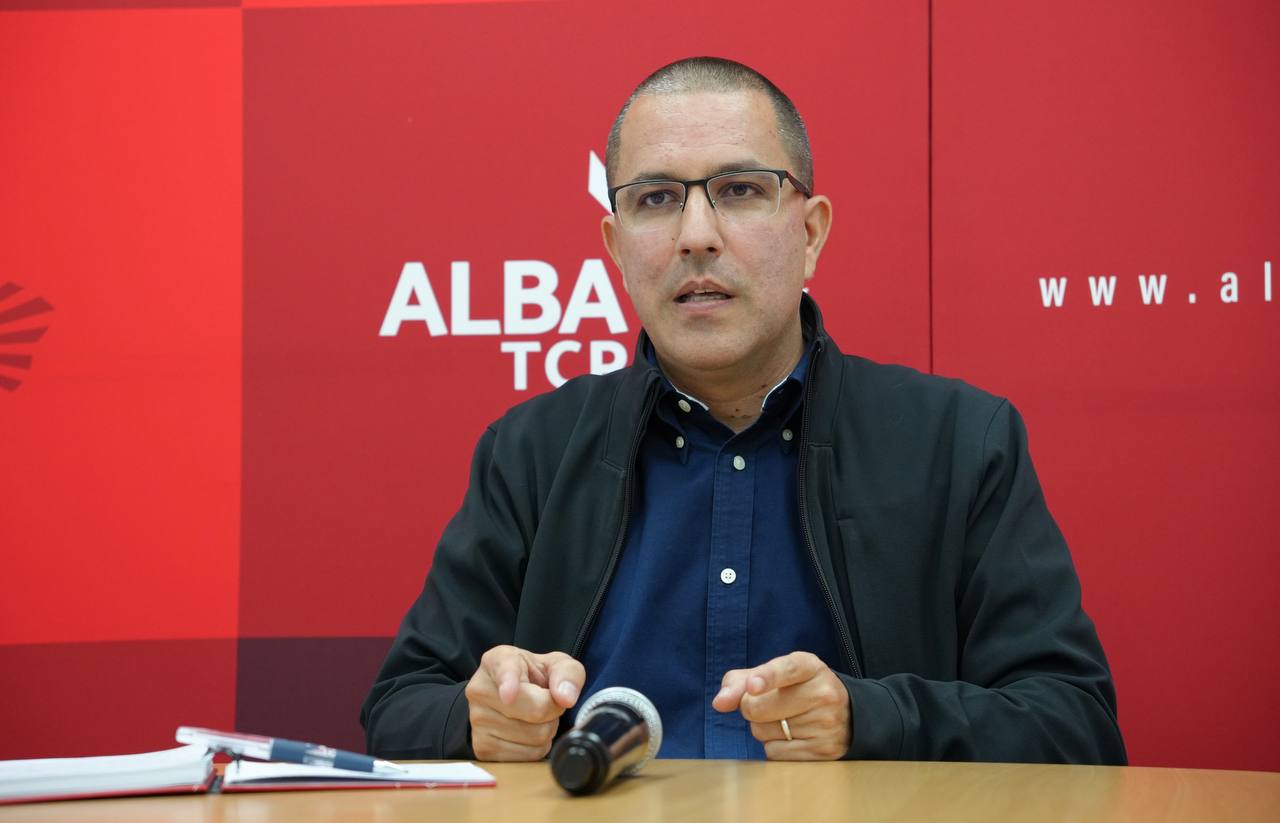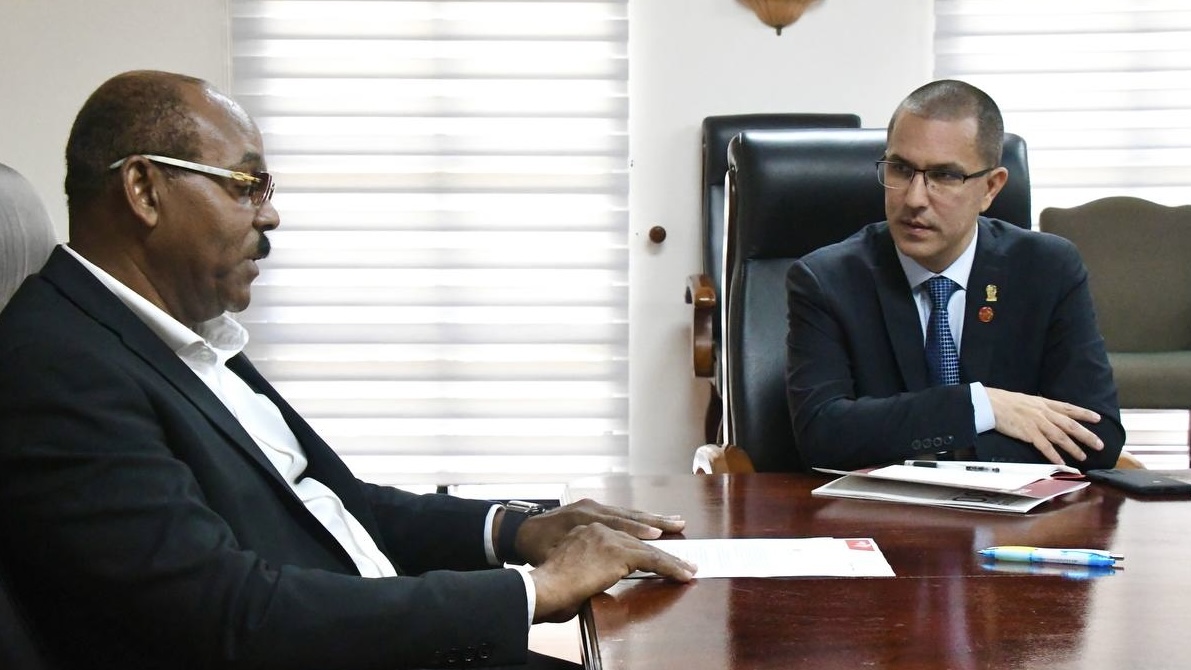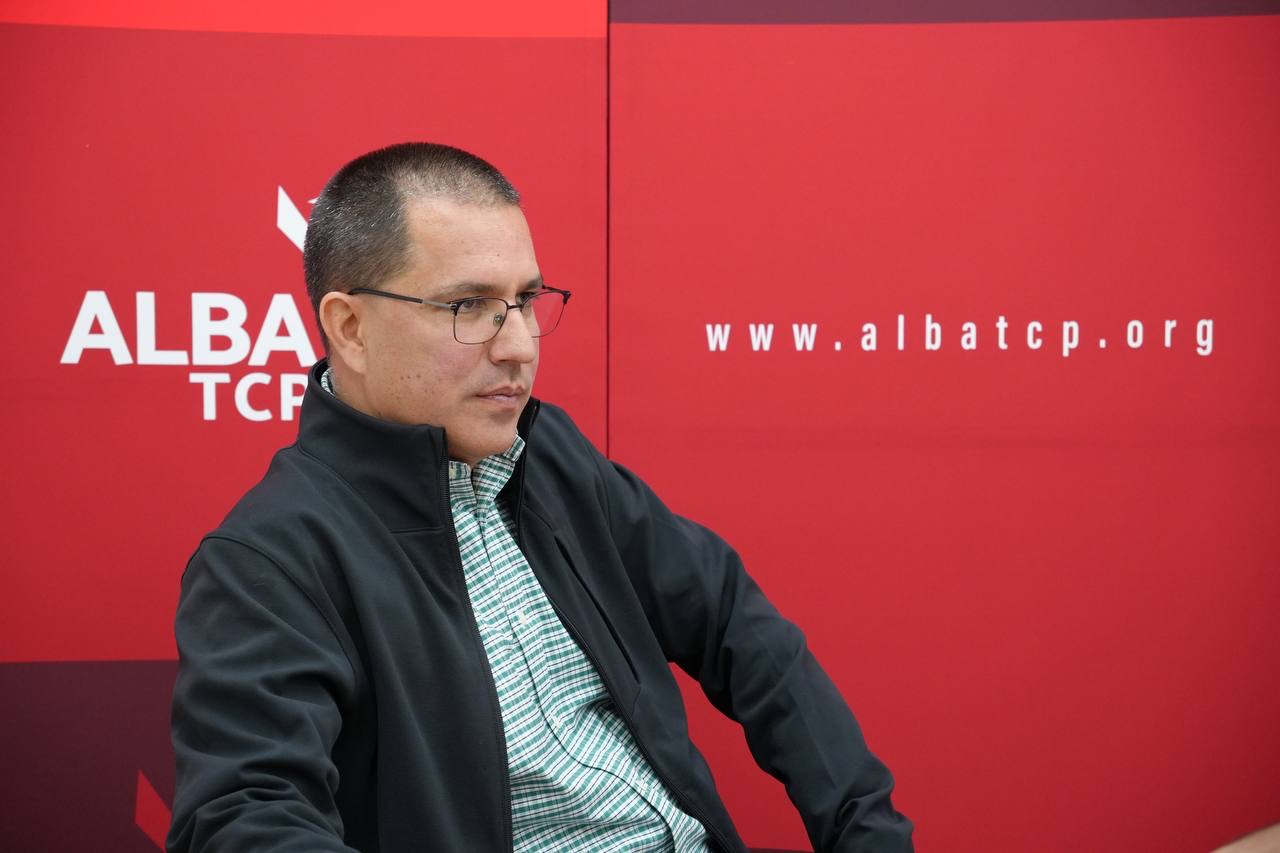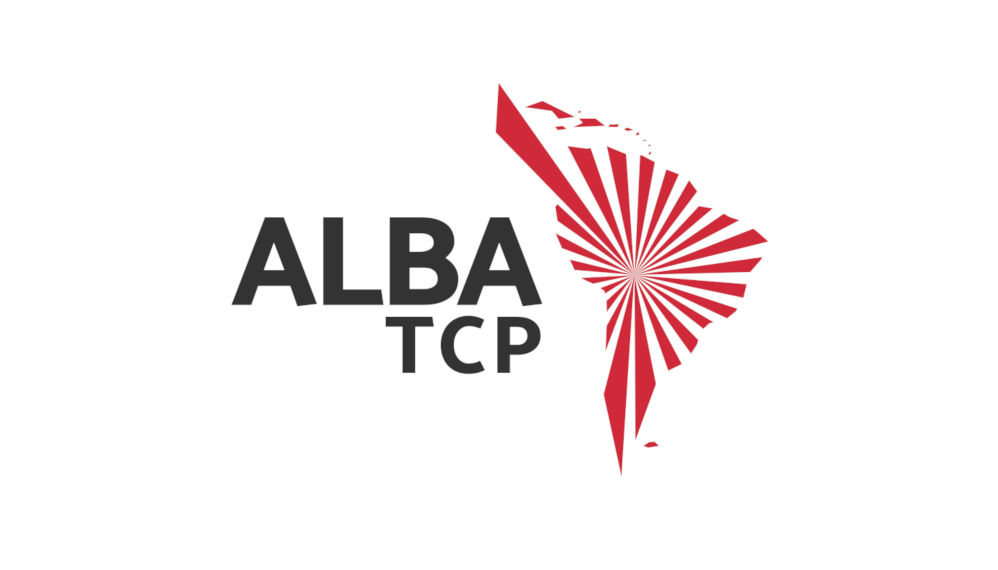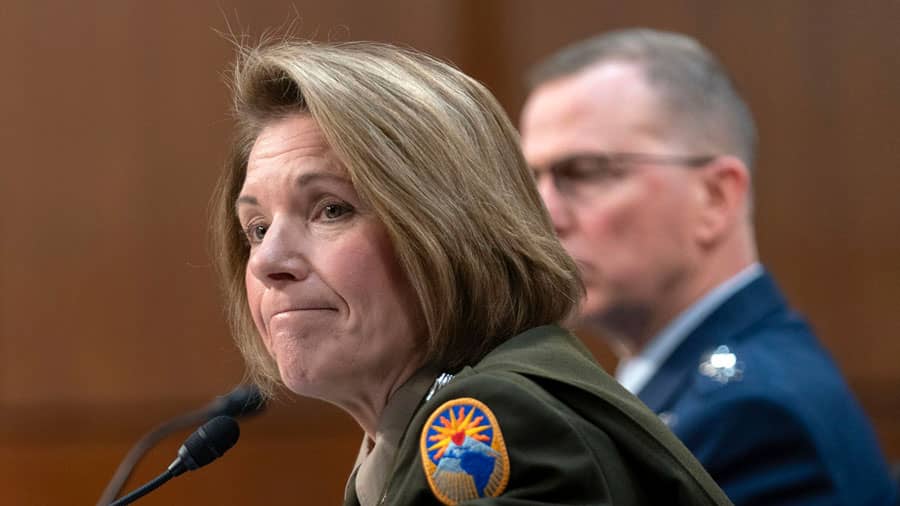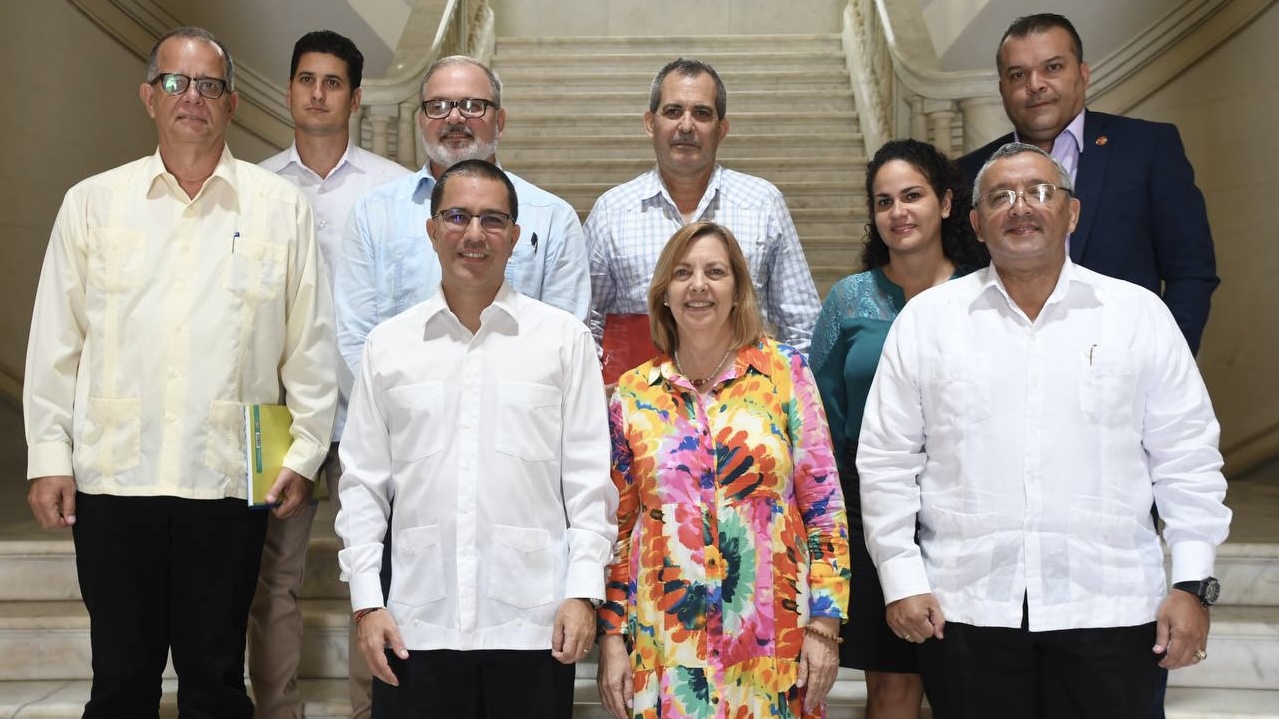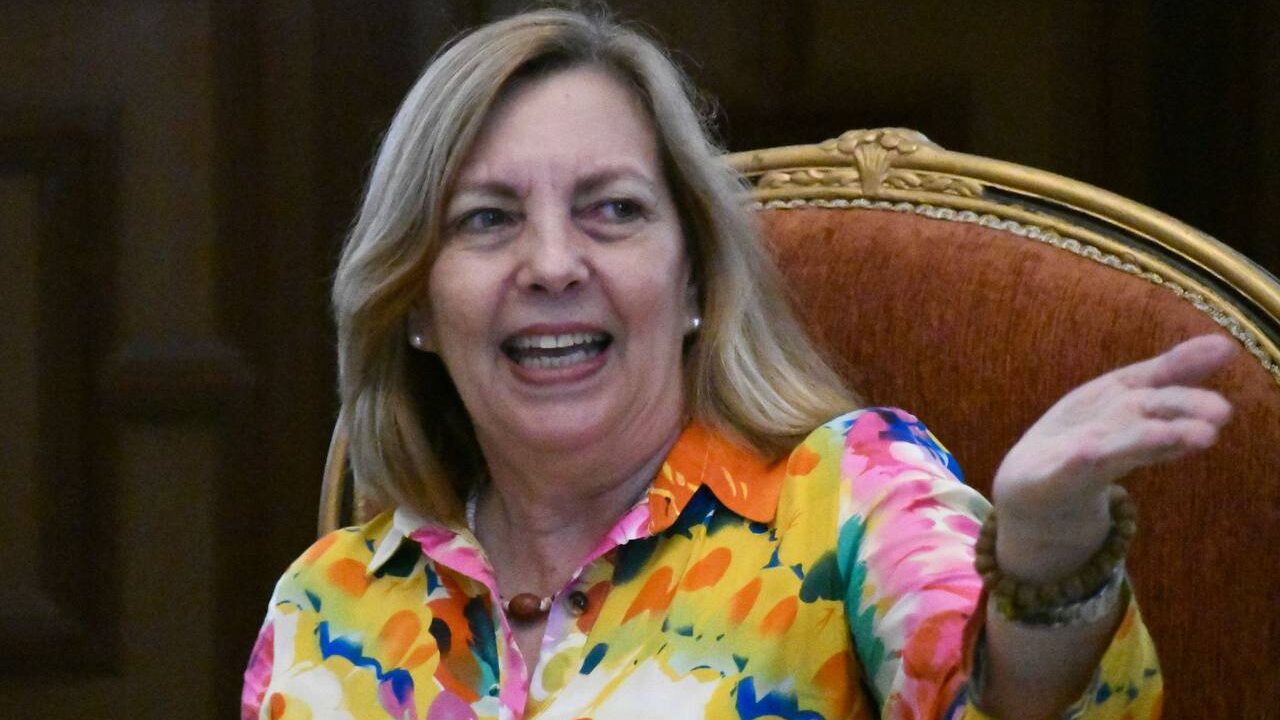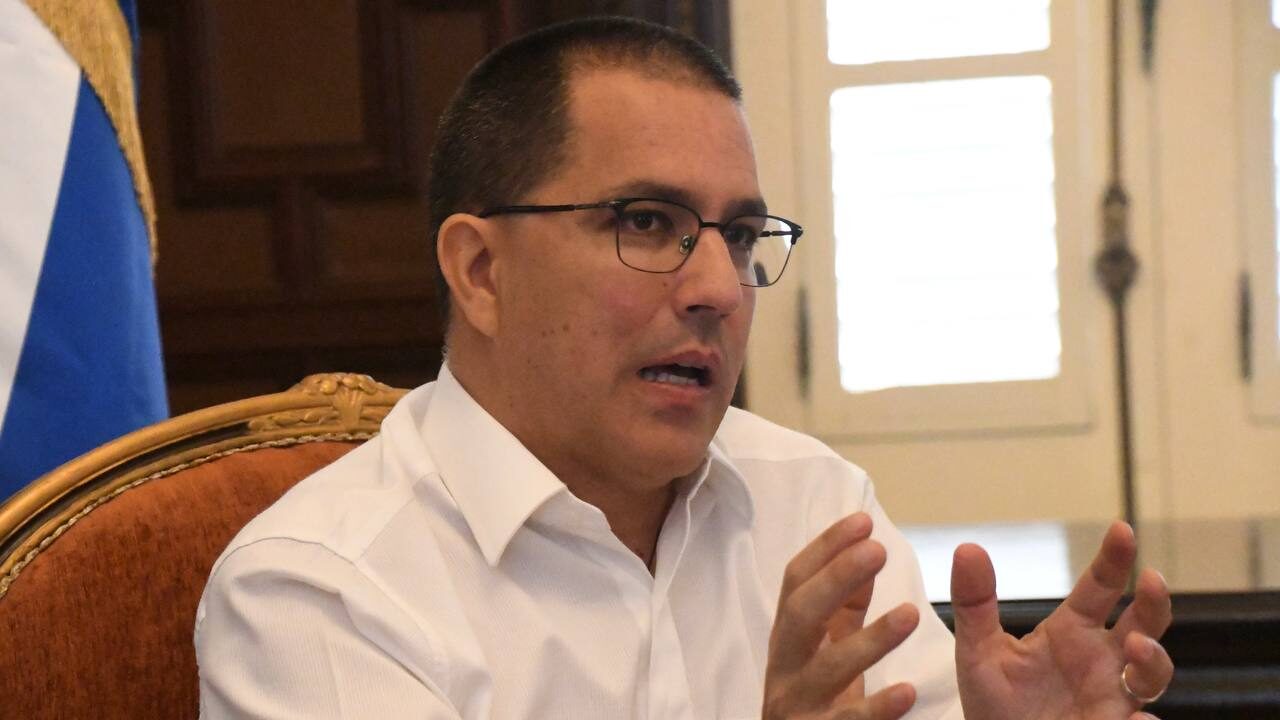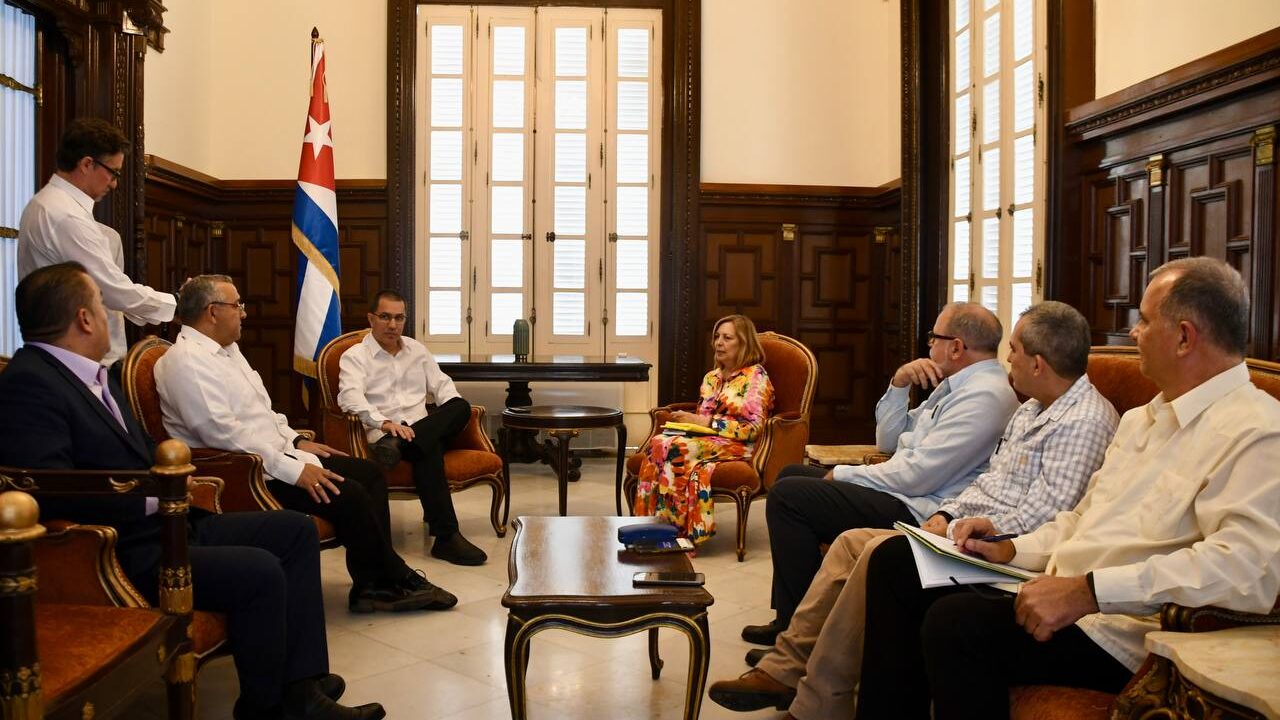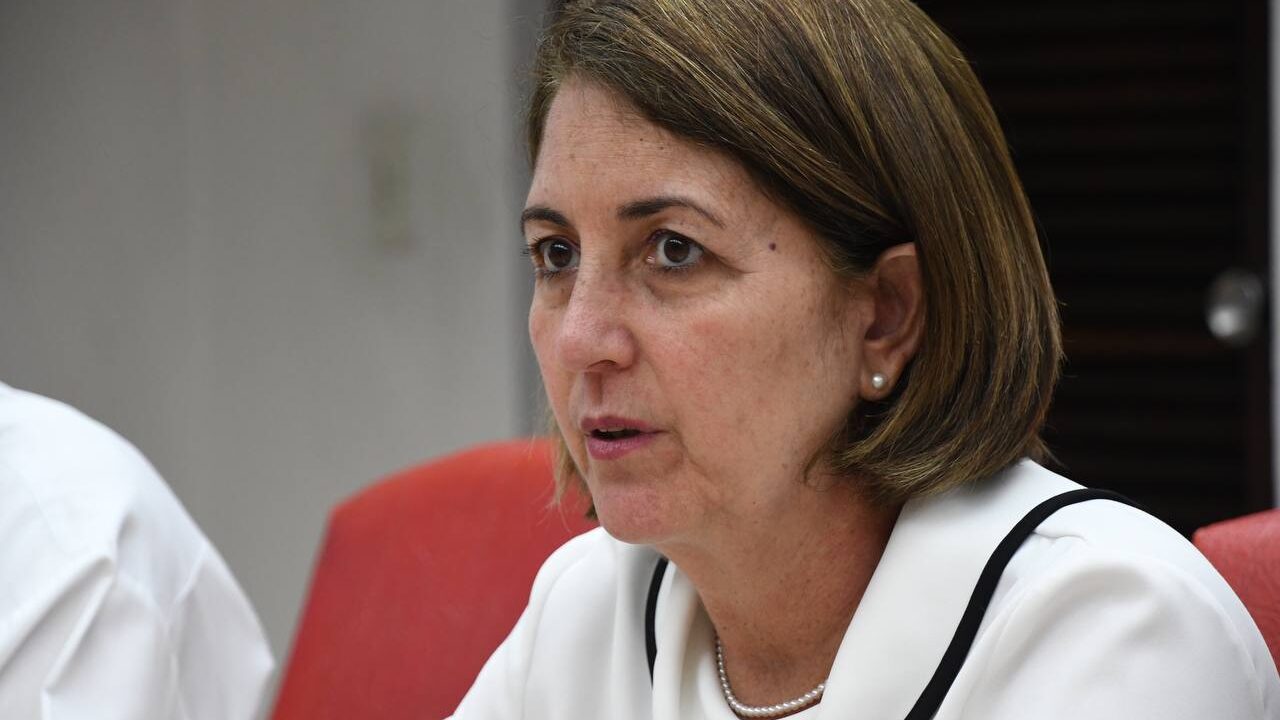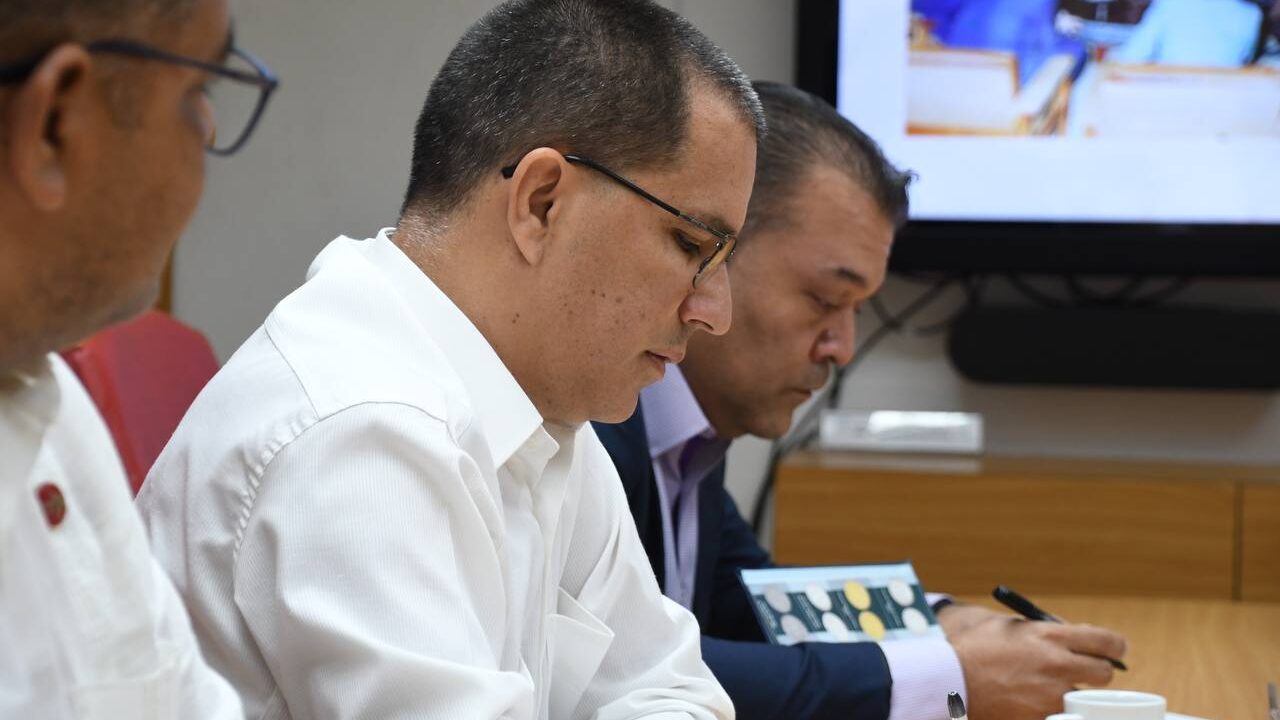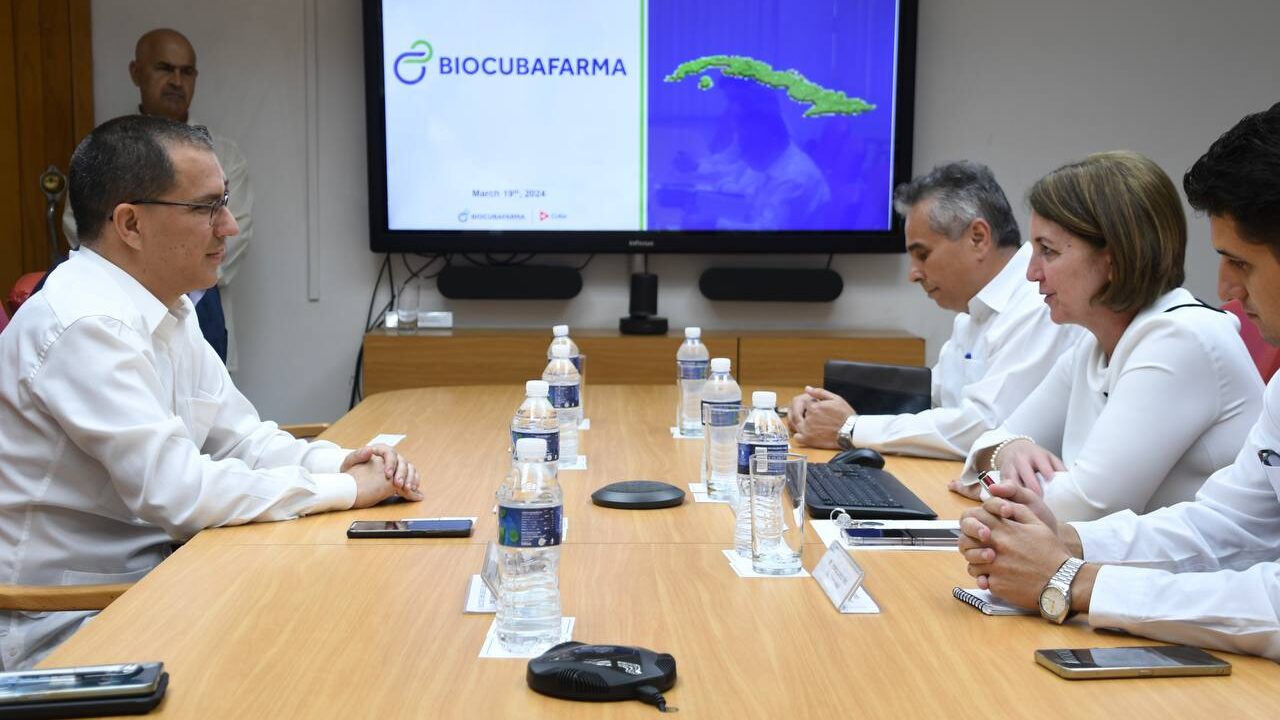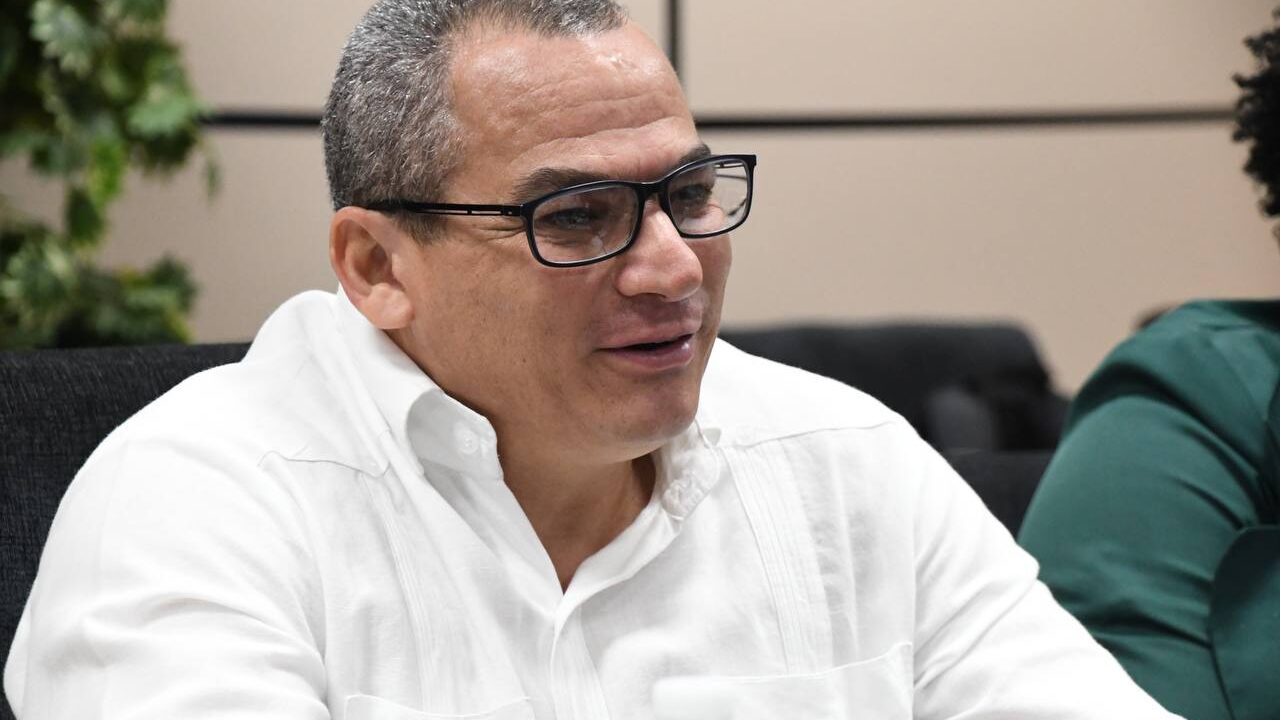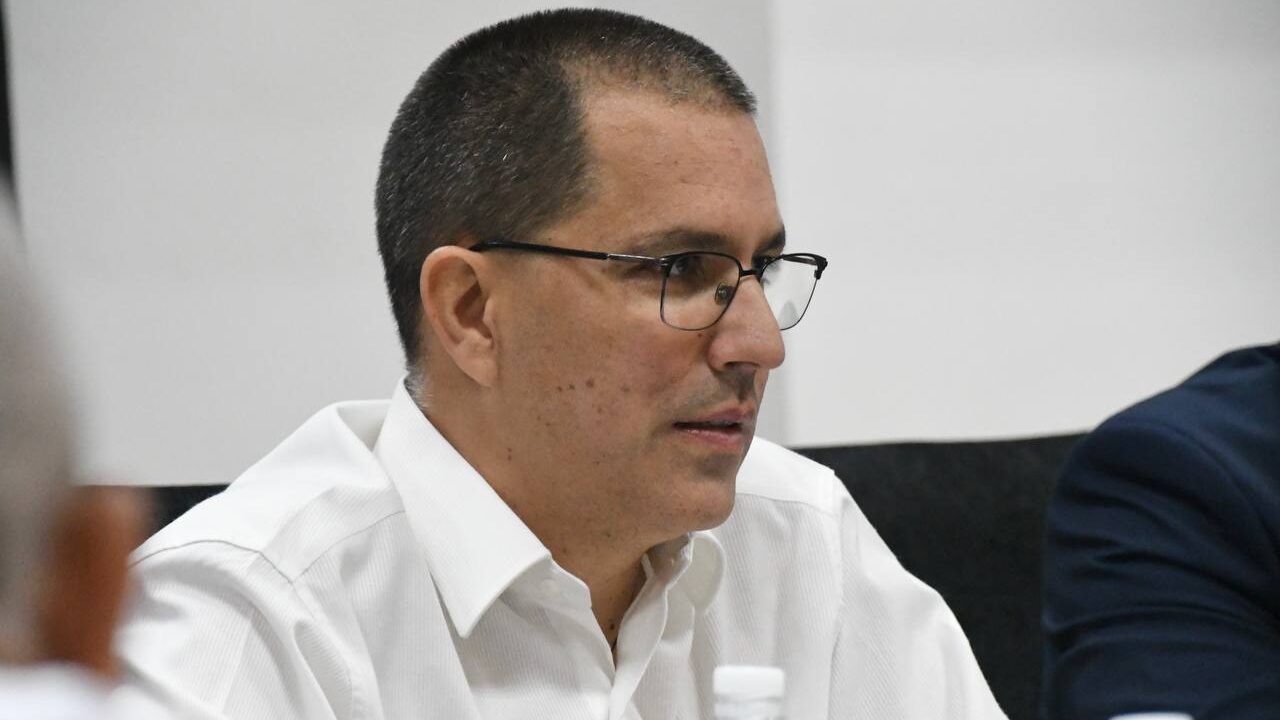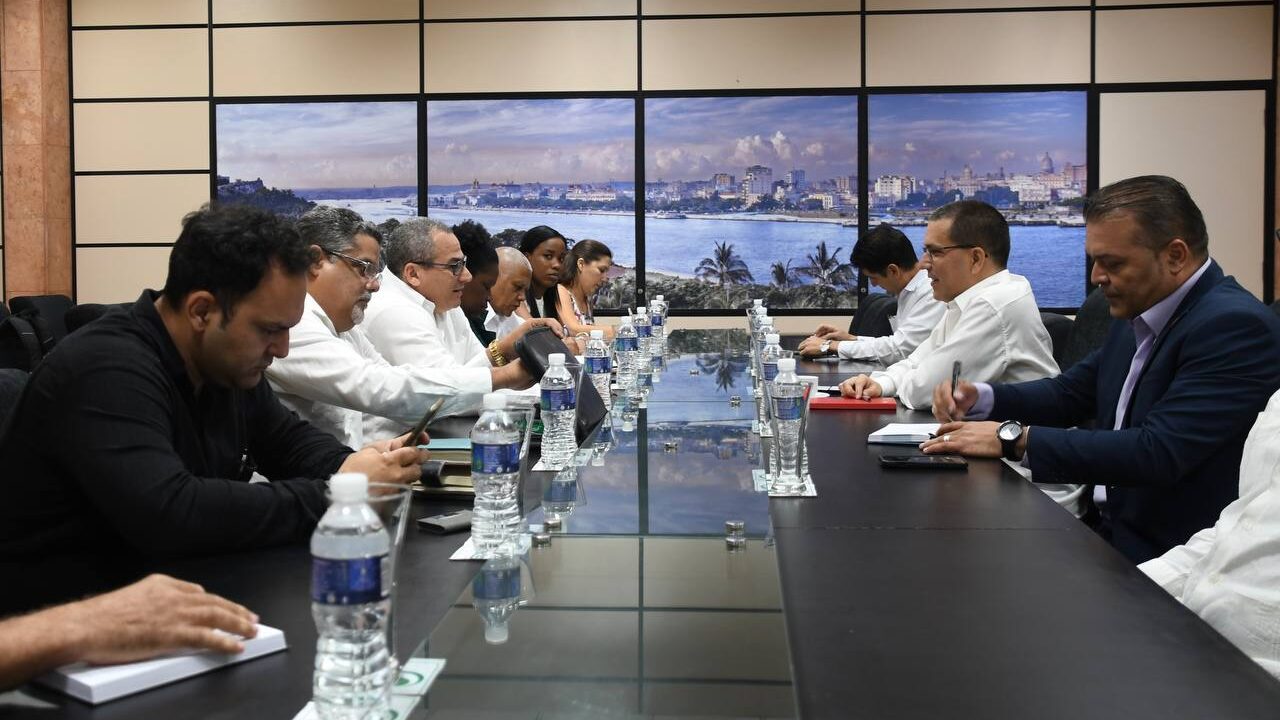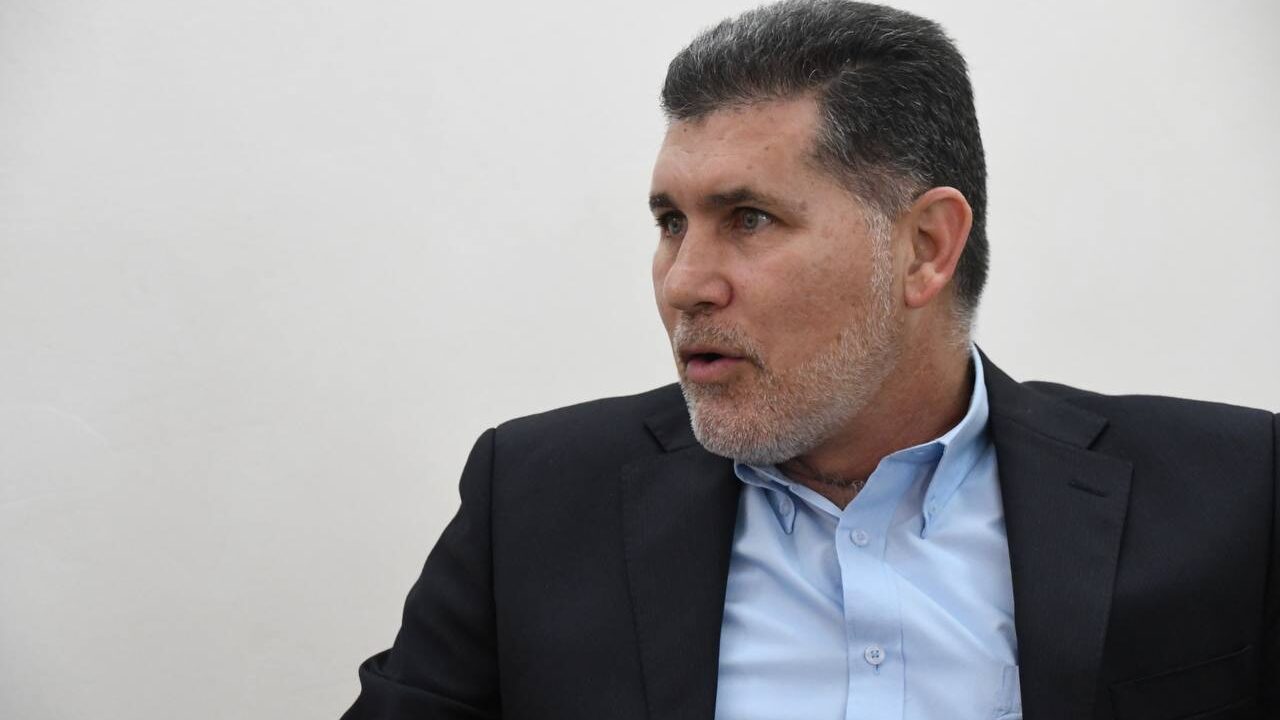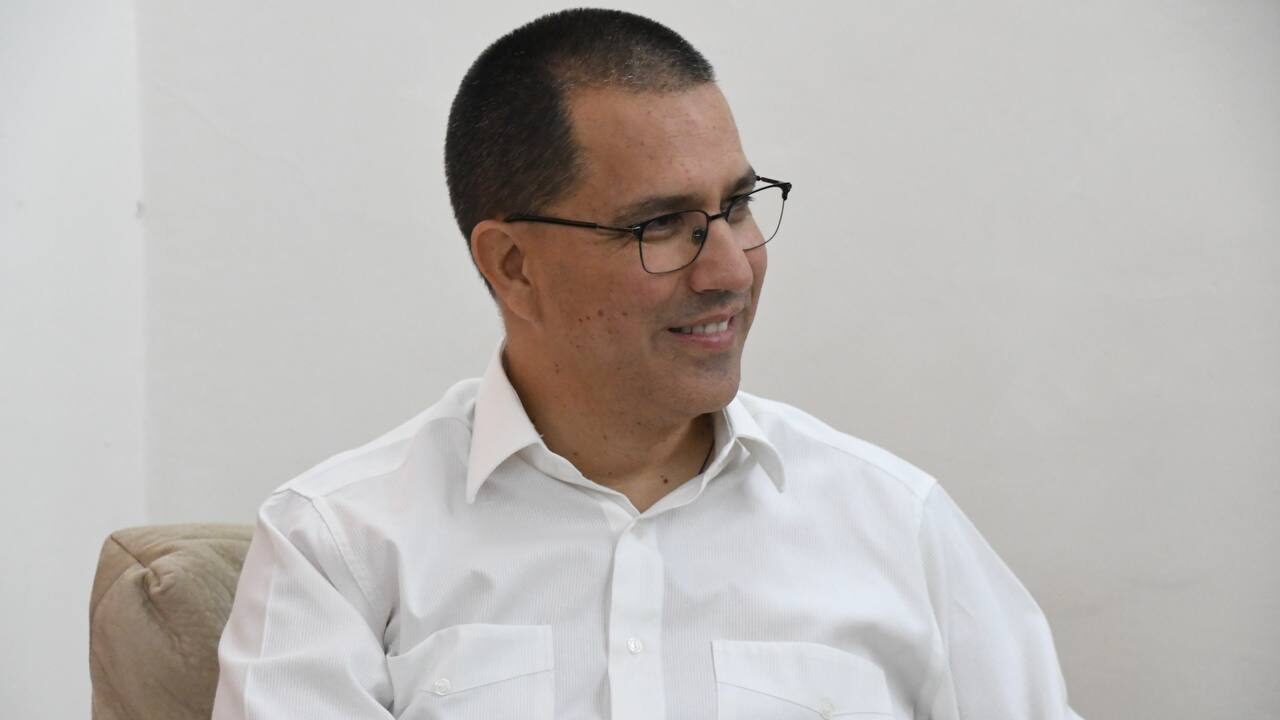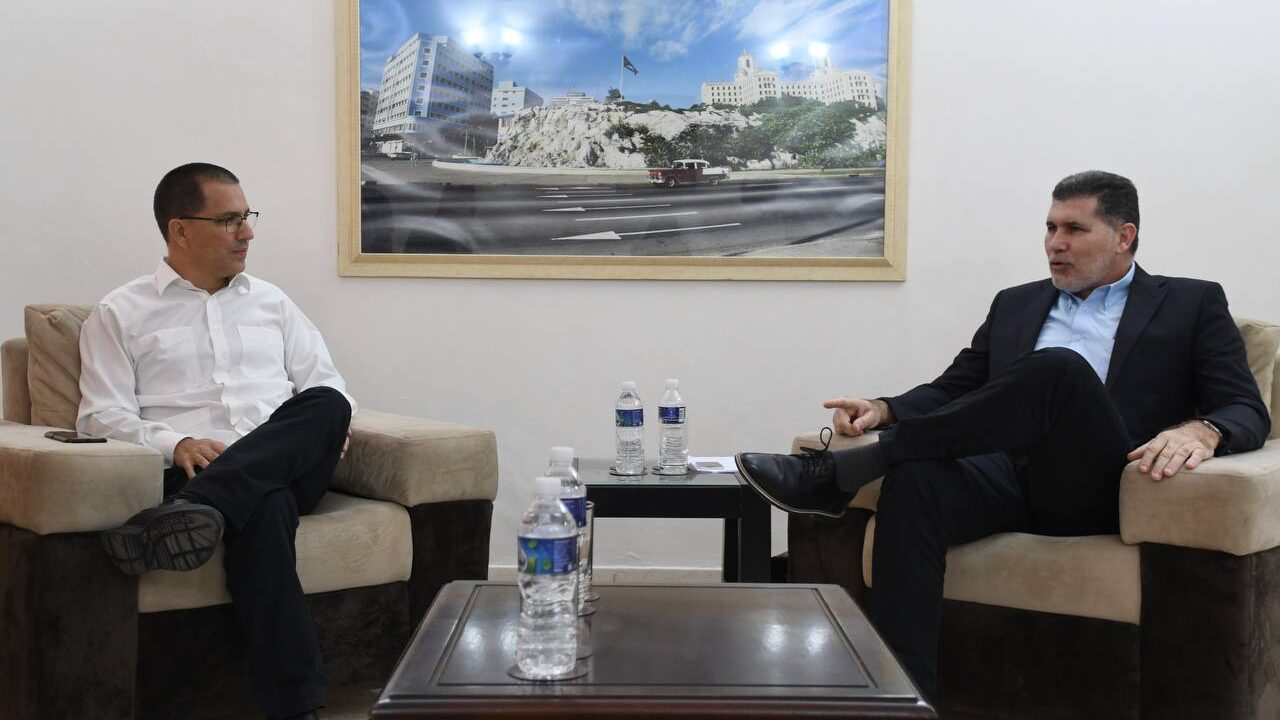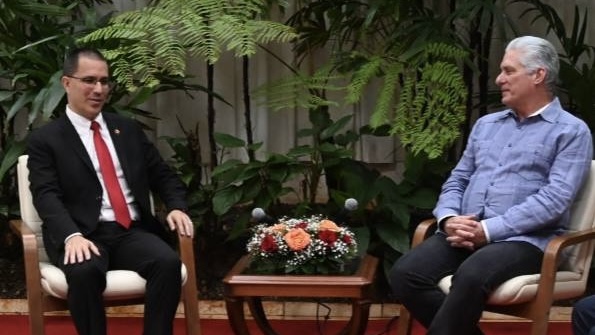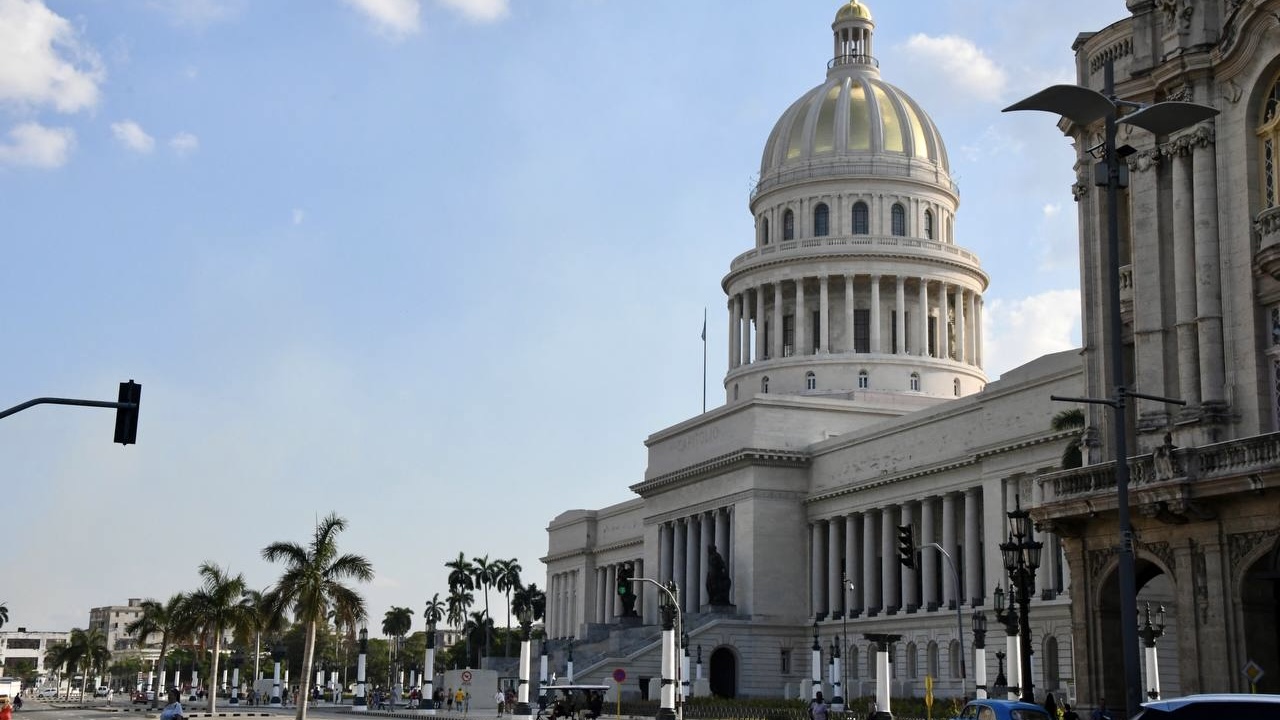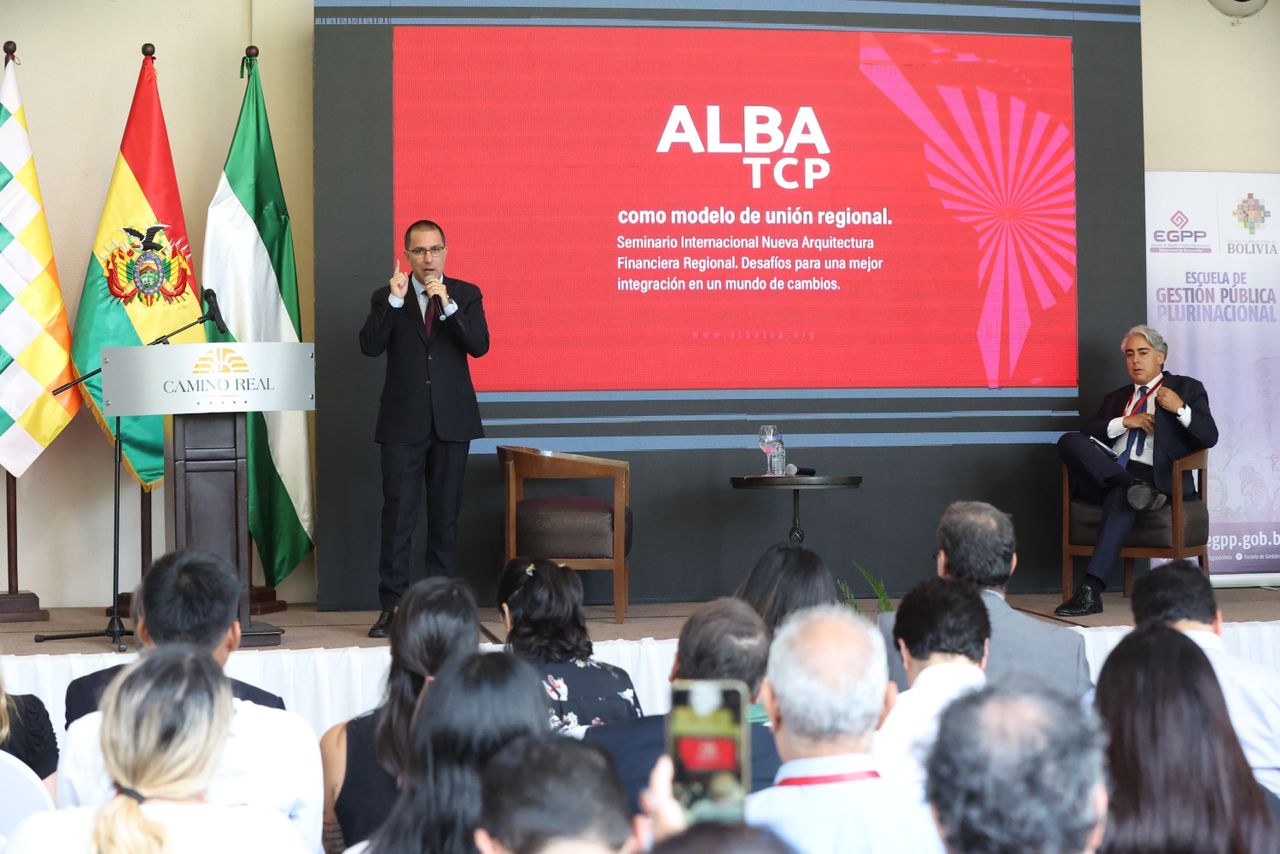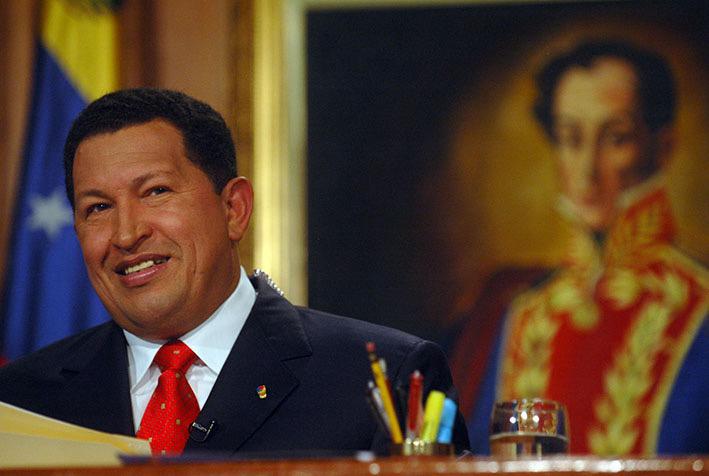Santa Cruz, March 11, 2024.- The Executive Secretary of the Bolivarian Alliance for the Peoples of Our America – People’s Trade Treaty (ALBA-TCP), Jorge Arreaza, participated in the International Seminar “New Regional Financial Architecture. Challenges for a better integration in a changing world”, held this Monday in Santa Cruz, Bolivia.
The panelists included the Vice President of the Bolivarian Republic of Venezuela, Delcy Rodríguez, who talked about “Unilateral Economic Sanctions”; the former President of Spain, José Luis Rodríguez Zapatero, who addressed the topic “Coordination of a Multipolar World”; the former President of Colombia, Ernesto Samper, who referred to the “Challenges of Regional Integration, 15 years after UNASUR”; and the former President of Argentina, Alberto Fernández, who spoke on “The New Regional Financial Architecture”.
During his speech, Jorge Arreaza highlighted that the regional bloc formed by Venezuela, Cuba, Nicaragua, Bolivia, Antigua and Barbuda, St. Kitts and Nevis, St. Vincent and the Grenadines, Grenada, Dominica and St. Lucia, is currently present and active for the other integration instruments.
“ALBA-TCP is not an integration mechanism, it is a union mechanism (…) the main goal is to listen to the peoples at the same hierarchical level of the foreign ministers, of the political and economic councils, we complement each other, we do not compete (…) the Alliance belongs to the peoples”, he said.
Jorge Arreaza reiterated that ALBA-TCP stands open to the region for the integration of our peoples, for the complementarity of economies, cooperation, solidarity and social improvement.
2030 Agenda | Economic Perspective
Despite imperial strategies, Arreaza stated that the regional bloc is working on the 2030 agenda, aimed at a new economic perspective, in which a dynamic, complementary and fair trade relation among the member countries of the Alliance is expected to be achieved.
“We have to meet again and discuss the tariff terms of our countries”, but not based on the same criteria, but according to the economies of each nation and taking into account the existing asymmetries, he added.
In the 2030 Agenda, the Alliance is working on several strategic areas involving the comprehensive development of communications and transportation, the promotion of Latin American capital investment, energy integration, respect for the environment, the defense of Latin American and Caribbean identity and culture, as well as the coordination of multilateral positions with countries and blocs in other regions.
Union achievements
Founded in December 2004 by the presidents of Venezuela, Hugo Chávez, and Cuba, Fidel Castro, with a joint declaration signed in Havana, the current Bolivarian Alliance for the Peoples of Our America – People’s Trade Treaty made significant achievements strengthening the union of member nations.
The Executive Secretary of this regional mechanism highlighted the creation of Petrocaribe as one of the main achievements, a mechanism that “saved the Caribbean countries from a humanitarian crisis in 2008 and 2011 during the economic depression of that time”.
He said that ALBA-TCP saved the Caribbean countries from an unprecedented migratory situation, especially Haiti, despite not being a member country, but a guest country.
In his speech, Arreaza also stressed that the Alliance provided a humanitarian air bridge through the Venezuelan airline Conviasa, addressing situations of natural disasters in sister countries, as well as support with supplies during the COVID-19 pandemic, among others.
He pointed out that more than five and a half million people have recovered their sight for free through Misión Milagro, a social program created by ALBA-TCP.
Likewise, the regional bloc successfully taught approximately five million people to read and write, a historic achievement for all the members of the bloc.
Over 1,600 surgeries were conducted through the Latin American Children’s Cardiology Hospital in Venezuela, all managed through ALBA.
In the energy sector, Venezuela, through ALBA-TCP, sold oil to the other member States and created the Bank of ALBA, but as a result of the sanctions imposed by the U.S. government and its allies in Europe, these mechanisms are at a standstill, Arreaza denounced.
In addition, he stated that unilateral coercive measures greatly hindered literacy, economic exchange, education, health, among other programs promoted by ALBA-TCP. “That is the damage done by the United States to the ALBA countries”, he continued.
Venezuela and the new international system
The Vice President of the Bolivarian Republic of Venezuela, Delcy Rodríguez, attended the international seminar on behalf of Venezuela, a member of the regional bloc, addressing the topic: “Unilateral Economic Sanctions”.
In this regard, Rodriguez stated that a new international financial system is essential, especially amidst times of blockades and sanctions.
Rodriguez emphasized that it is necessary to consider that during the last five years one of the most terrible blockades ever known to mankind was hatched.
“Nowadays there are over 26,000 unilateral coercive measures in the world, and out of those 26,000, Venezuela has 930, but 96% of those measures are concentrated in 10 countries”, she added, noting that “the hegemon subdues and uses unilateral coercive measures – wrongly called sanctions – as a means of extortion against countries not aligned with them”.
Rodriguez called for saving in the local currencies of each country in the region. “We have to finance ourselves with our local currencies,” she stated.
She recalled that Venezuela had to look for its own ways to face sanctions. “Blocking Venezuela not only affected our country, but the region as a whole,” she noted.
Other alternative views
During the seminar “New regional financial architecture. Challenges for a better integration in a changing world”, José Luis Rodríguez Zapatero, former president of Spain, stressed that Latin America has the challenge of contributing to a global debate in favor of multilateralism, which is a key factor of hope for 2024.
Zapatero also expressed his hope for the emergence of a new generation that will succeed in abolishing war. “The essential problem of this first quarter of the 21st century is violence and the weakness of the pacifist movements”.
He added: “The international political order must be changed and we must be open to these changes”.
He also said that trade and migratory relations continue to be very strong between Latin America and Europe, although he admitted that the European Union is currently experiencing an identity crisis.
“Latin America has only one answer for economic development: integration and reducing inequalities, which will be achieved with a new fiscal model, for example,” he stated.
Former Colombian President Ernesto Samper talked about the “Challenges of Regional Integration, 15 years after UNASUR”.
In this sense, he explained: “Integration has never been as important as it is at this moment”. In the case of Colombia, he pointed out that his country decided to join the “hegemonic integration” led by the U.S. empire.
He mentioned that the Union of South American Nations (UNASUR in Spanish) started with political integration: “We had recovered the concept of Homeland, we had territorial problems, but they were not solved with wars. The region aimed at democratic participation and human rights. UNASUR was our most complex and advanced integration experience”.
Samper emphasized that the region is an oasis of peace, while proposing to add value to the products of each Latin American nation, “we must strengthen our financial mechanisms. The world is dollarized and this is not globalization, but de-globalization”.
During the meeting in Bolivia, former Argentine President Alberto Fernández reflected on “The New Regional Financial Architecture”.
He reiterated that Latin America must work focused on fighting social inequality. “11 people have 40% of the world’s wealth (…) we live in a deeply unequal world,” he stressed.
